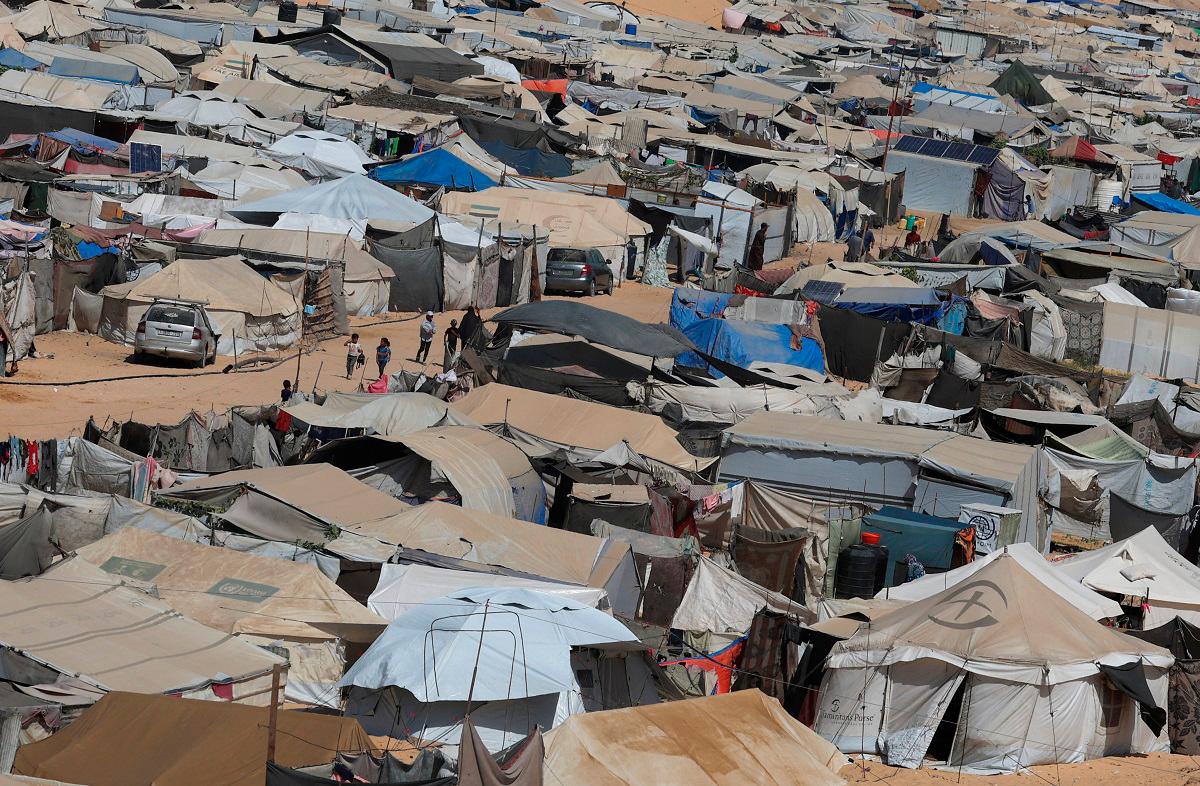PETALING JAYA: Hamas’ “conditional” acceptance of US President Donald Trump’s 20-point peace plan isn’t a peace breakthrough, but a power play, says International Islamic University Malaysia international relations expert Assoc Prof Dr Mohd Yazid Zul Kepli.
He said the group’s stance signals a readiness to engage in dialogue but only on its own terms while using the conditions as leverage to shape the negotiation process.
“By framing it as ‘conditional”, Hamas turns those conditions into bargaining chips rather than absolute deal-breakers.”
He said for Malaysia the move reinforces its long-held position of supporting Palestinian rights and advocating for negotiated settlements.
“In regional diplomacy, Malaysia can use this moment to push for greater Asean and OIC involvement, positioning itself as a credible mediator that supports peace while standing firmly against unilateral aggression.”
Mohd Yazid said any genuine progress now depends on whether the US and Israel engage seriously with Hamas’ terms.
“For now, Malaysia gains diplomatic room to strengthen its humanitarian and political advocacy for Palestine.”
He said Hamas is unlikely to disarm unconditionally without concrete guarantees for Palestinian safety.
“They will never place Palestinian lives at the mercy of Europe, the US or Israel. At the very least, there must be a practical mechanism to prevent future violence against Palestinians.”
He said Hamas’ conditions likely centre on fundamental issues – Palestinian security, the right of refugees to return, lifting the Gaza blockade and guarantees of sovereignty.
“While these are grounded in long-standing principles, they also serve as leverage to extract practical concessions from the US and Israel. Some details may be negotiable but the foundations of statehood, territorial rights and dignity are non-negotiable.”
Mohd Yazid said Hamas’ move represents a strategic shift from its past stance of rejecting US-led initiatives.
“Hamas now appears flexible amid mounting international pressure and worsening conditions in Gaza.
“It helps ease external pressure, appeals to regional actors like Qatar, Egypt and Malaysia, and shows Palestinians that it isn’t shutting the door on peace.”
He said Trump’s credibility as a mediator, however, remains highly contested.
“For Palestinians and much of the global community, Trump lacks impartiality, especially after recognising Jerusalem as Israel’s capital and backing Israeli settlements. Conversely, Israel and far-right groups see him as a staunch ally, polarising perceptions of his role.”
Malaysia has welcomed Hamas’ conditional acceptance which Mohd Yazid described as cautious optimism, not a policy shift.
“By acknowledging this step, Malaysia signals support for any progress, however limited, that could reduce violence and open space for negotiations.”
He added that Malaysia could play a constructive role in monitoring or humanitarian assistance if a phased withdrawal or truce takes place.
“Leveraging on its experience in aid delivery, NGO networks and credibility in the Muslim world, Malaysia can strengthen its humanitarian standing while maintaining a principled foreign policy.
“By supporting Palestinian rights while engaging diplomatically Malaysia can assert itself as both a credible mediator and a humanitarian actor.”
On Saturday, Foreign Minister Datuk Seri Mohamad Hasan said Malaysia welcomed Hamas’ conditional acceptance of the peace plan.
“This development is seen as a starting point towards lasting peace for Palestine and its people,” he said, adding that it also reflects Hamas’ willingness to seek a peaceful solution.
The plan proposes making Gaza a demilitarised zone under a transitional governing mechanism overseen by Trump through an international monitoring body.
It also includes the release of captives, an end to hostilities, disarmament of armed groups in Gaza and Israel’s phased withdrawal from the territory.









